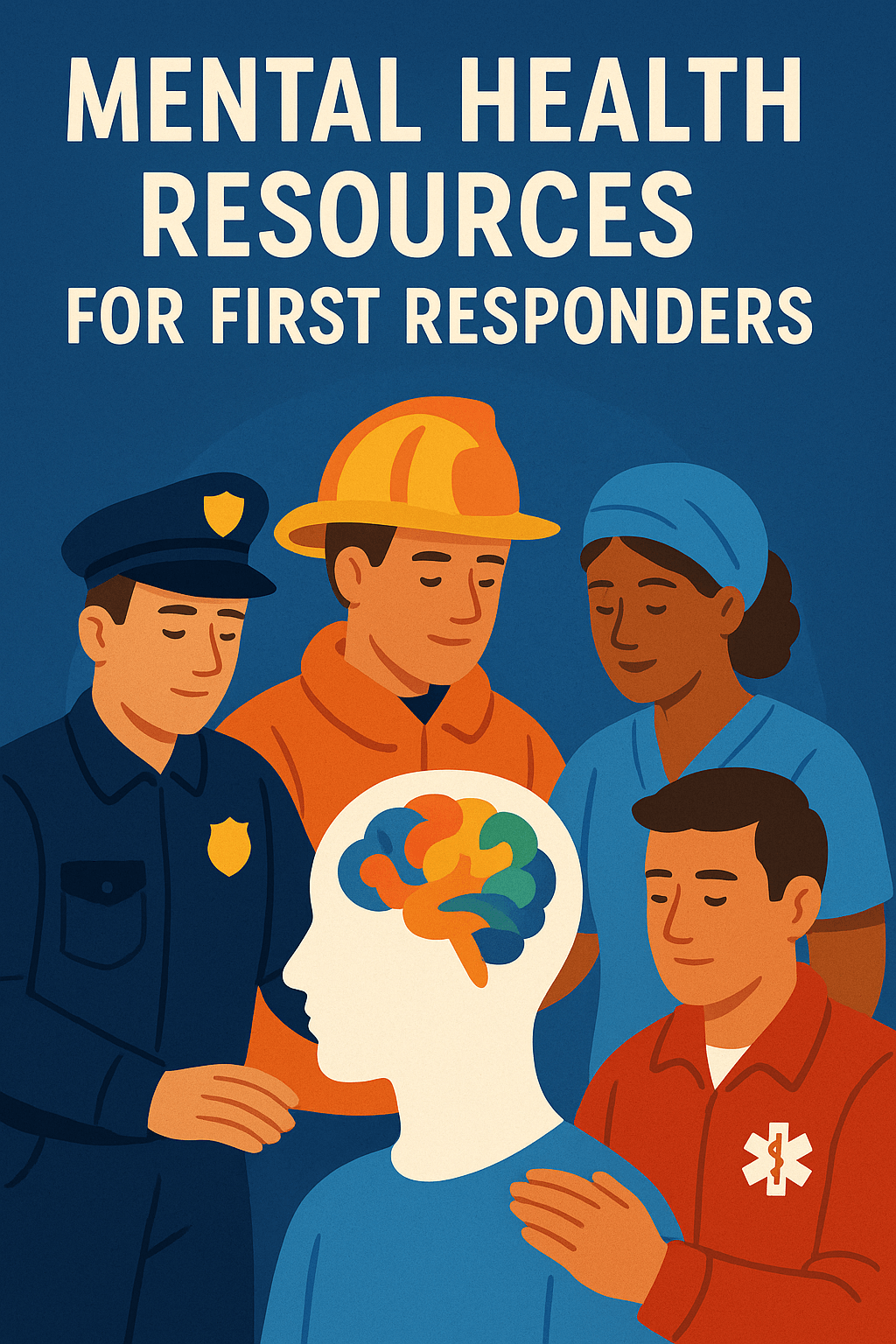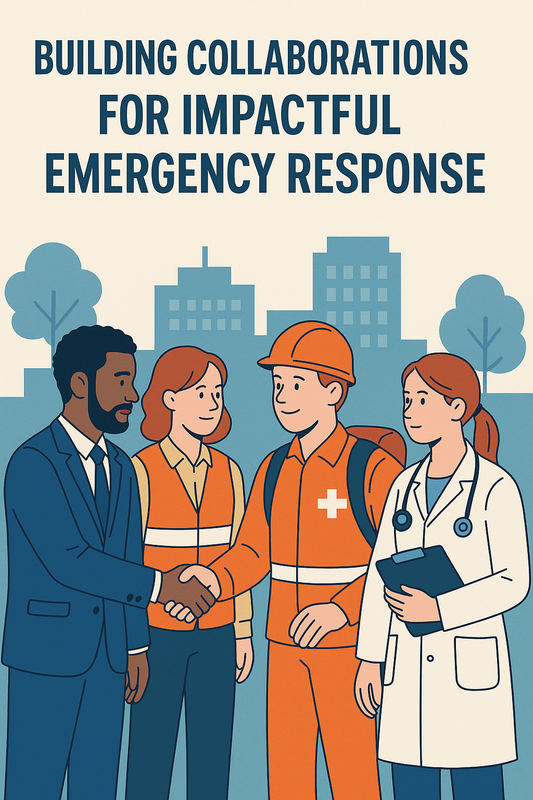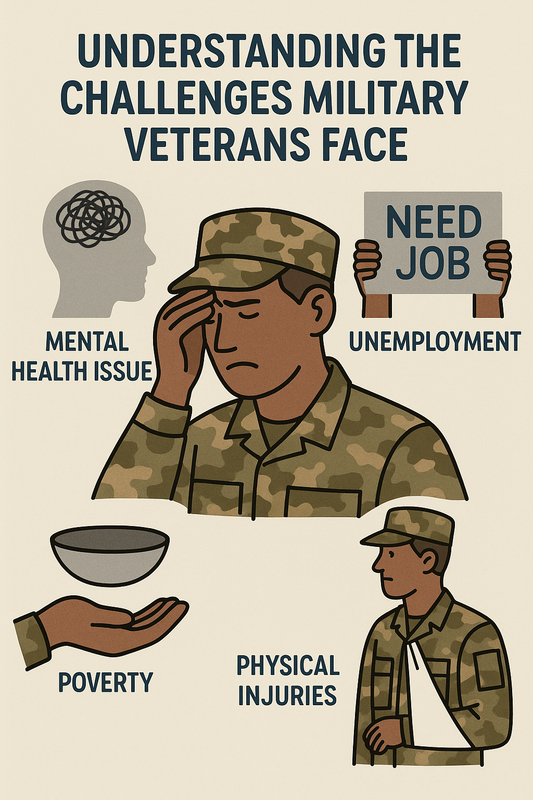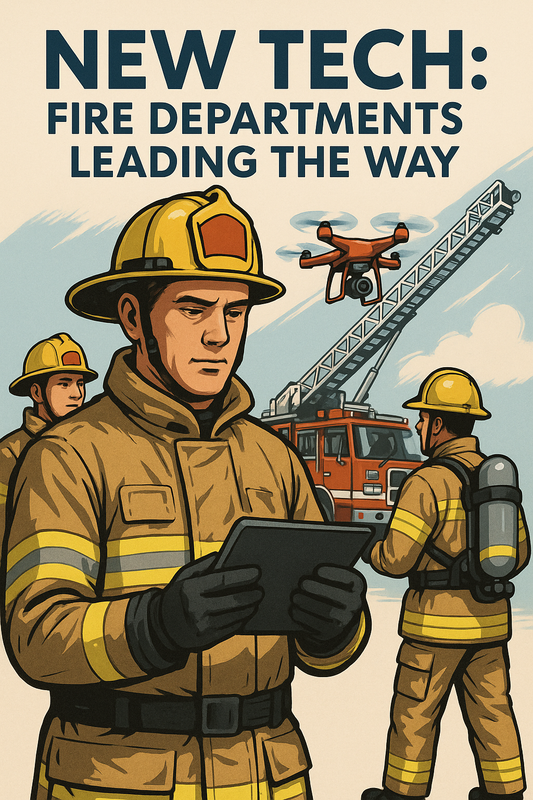
The Vital Role of Mental Health Resources for First Responders
Frequently Asked Questions
1. What are the common mental health challenges faced by first responders?
2. Why is it important to provide mental health resources for police officers and firefighters?
3. What types of mental health resources are available for first responders?
4. How can organizations effectively implement mental health resources for first responders?
5. What is the relationship between physical health and mental wellness for first responders?
In the high-pressure world of first responders, police officers and firefighters face unique challenges that can take a significant toll on their mental health. The daily interactions with dangerous and traumatic situations create a mental landscape that is often overlooked. This article delves into the importance of providing adequate mental health resources to support these heroes in their line of duty. As we explore this critical topic, it’s essential to remember that mental well-being is just as crucial as physical endurance, especially for those who serve on the frontline of our communities.
Understanding the Risks and Challenges
The nature of police work and firefighting inherently involves exposure to traumatic events. Whether it’s a crime scene, a natural disaster, or the aftermath of a violent incident, both police officers and firefighters encounter experiences that can deeply impact their psychological health.
Common Mental Health Challenges
First responders frequently face the following mental health challenges:
- Post-Traumatic Stress Disorder (PTSD): A debilitating condition that can arise after experiencing or witnessing traumatic events.
- Anxiety Disorders: Constantly being in high-stress situations may lead to chronic anxiety or panic disorders.
- Depression: Feelings of sadness or hopelessness can develop, affecting both personal and professional life.
- Substance Abuse: Some may turn to alcohol or drugs as a coping mechanism, leading to further complications.
The Importance of Mental Health Resources
Investing in mental health resources is crucial for police and firefighting professionals. Here are some compelling reasons why these resources matter:
Enhancing Job Performance
When police officers and firefighters are mentally healthy, they are better equipped to perform their duties effectively. A well-supported mental health framework can improve focus, decision-making skills, and emotional resilience.
Reducing Stigma
Access to mental health resources helps reduce the stigma surrounding mental health struggles. When first responders feel safe to express their feelings and seek help, it fosters a culture of openness, ultimately benefiting their colleagues and the communities they serve.
Building Stronger Communities
Mental health resources not only affect the responders but also their interactions with the community. A mentally healthy police officer is more likely to handle situations with empathy and understanding, resulting in a positive impact on community relations and trust.
Lowering Rates of Suicide
Suicide rates among first responders are alarmingly high. By implementing effective mental health programs, organizations can help identify those in need before a crisis develops. Early intervention can save lives and lead to a healthier workforce.
Types of Mental Health Resources Available
In recognition of the mental health challenges first responders face, numerous resources are available to support them. These include:
Counseling Services
Professional counseling can provide a safe space for police officers and firefighters to process their experiences and feelings. Through one-on-one sessions with trained psychologists or therapists, they can develop coping strategies and resilience.
Peer Support Programs
Peer support programs enable first responders to connect with colleagues who understand their struggles. These programs encourage open dialogue and provide mutual support, fostering a sense of community.
Critical Incident Stress Management (CISM)
CISM is an organized approach to help individuals handle traumatic events. Through debriefing sessions, peer support, and educational workshops, these programs assist first responders in managing their emotional responses following distressing experiences.
Workshops and Training
Training programs focusing on mental wellness can equip police officers and firefighters with skills to recognize signs of mental health struggles in themselves and their colleagues. Workshops that incorporate mindfulness techniques and stress management strategies can promote overall well-being.
Implementing Mental Health Resources Effectively
While the importance of mental health resources is clear, implementing these services effectively is crucial for maximizing their impact. Here are some steps organizations can take:
Fostering a Supportive Culture
Leadership must champion mental health initiatives and create an environment where first responders feel comfortable seeking help. Normalizing conversations around mental wellness helps to remove barriers and encourages individuals to prioritize their mental health.
Accessibility and Affordability
Ensuring that mental health resources are accessible and affordable is key. Organizations should evaluate available services and work to reduce any financial obstacles that may prevent first responders from seeking assistance.
Regular Mental Health Assessments
Conducting regular mental health assessments can help identify early warning signs of distress among first responders. By proactively assessing mental health, organizations can provide timely intervention for those in need.
Combining Physical and Mental Wellness
Physical health plays a significant role in maintaining mental wellness. Encouraging a healthy lifestyle, including regular exercise and proper nutrition, forms a foundation for overall well-being. This is where unique products, such as Hero Mint flavored coffee, can serve as a delightful addition to a well-rounded self-care routine.
A balanced approach to fitness, nutrition, and mental health creates a holistic method for first responders, enhancing their resilience on the job and improving their quality of life outside of work.
Investing in the Future of First Responders
The well-being of our police officers and firefighters is not just an organizational priority; it’s a societal responsibility. By providing and promoting mental health resources, we contribute to a more resilient and effective workforce, ensuring those who protect and serve our communities remain strong in mind and body.
As we look to the future, let’s champion the cause for mental health resources among first responders. Celebrating their bravery through both acknowledgment of the challenges they face and the implementation of supportive programs can create a lasting impact.
A Brighter Tomorrow for Our Heroes
Ultimately, the mental health of our police officers and firefighters is essential for building trust within our communities and fostering their safety. By prioritizing their dignity and mental strength, we lay the foundation for a brighter future for everyone. Let’s work together to ensure our heroes have access to the mental health resources they need — because every hero deserves to feel like one.




